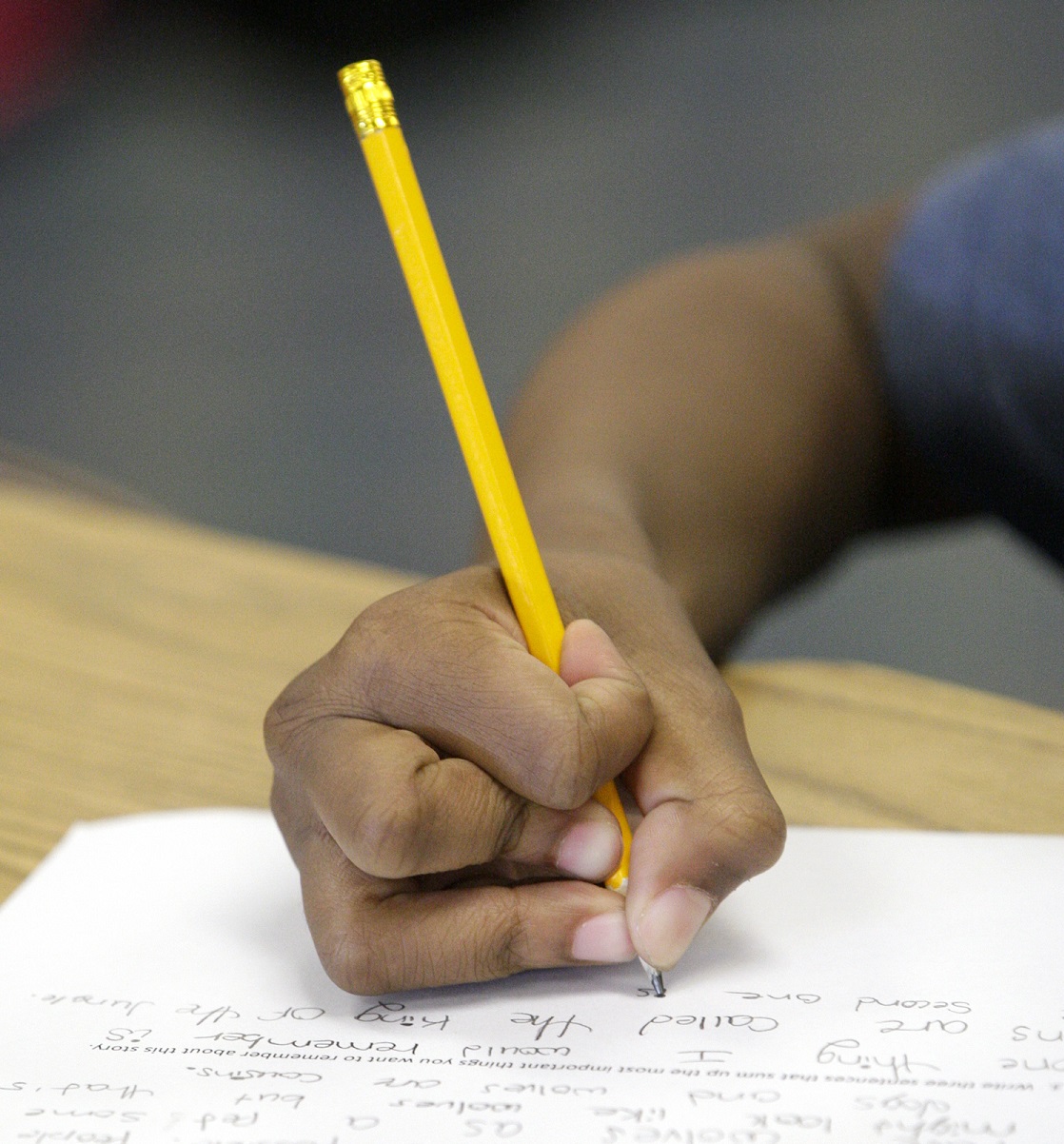House committee begins work on omnibus education policy bill

Civics and personal finance course requirements; modifications to the teacher licensure system; and measures to increase the percentage of teachers of color and Indigenous teachers in Minnesota are all provisions in the omnibus education policy bill.
The House Education Policy Committee received a walkthrough of a delete-all amendment to HF1081, Wednesday, and testimony was taken. It plans to review amendments and take action Friday. Rep. Ruth Richardson (DFL-Mendota Heights), the committee chair, sponsors the bill.
The companion, SF1662, is sponsored by Sen. Chuck Wiger (DFL-Maplewood) and awaits action by the Senate Education Finance and Policy Committee.
Many of the included proposals “support the whole child and all the needs they have in order to reach their true academic potential,” according to Adosh Unni, director of government relations for the Department of Education.
Noting the proposal includes many of the same provisions offered by Gov. Tim Walz, Unni said the administration supports requirements around the use of non-exclusionary disciplinary practices and a ban on the dismissal of students in kindergarten through grade three.
“In order for our students to succeed academically they need to be able to be in the classroom and treated with dignity and respect while they’re there,” he said.
Speaking on behalf of school boards and superintendents, Denise Dittrich, director of government relations for the Minnesota School Boards Association, said they strongly oppose a provision that would allow teacher bargaining units to negotiate class size, student testing and staffing ratios. The association also takes umbrage with the proposed teacher licensure changes and an array of new requirements, she said.
“HF1081 has a significant number of new, unfunded mandates that will impose hardships on our districts, both financially and timewise, and this comes at a time when the staff are already feeling overwhelmed due to the disruptions caused by COVID-19,” Dittrich said.
Several home school advocates expressed opposition to a measure that would require a home schooled child to include proof that their testing plan for the previous year was fulfilled, along with a copy of the test scores, and other information.
“This is a significant change to the law with no apparent reason,” said David Buchs. “It is a further erosion of rights that belong to parents, by nature, rights that should be carefully guarded. Home schooling parents are already compelled to make a concession when they have to agree to administer standardized tests in the first place.”
Other notable provisions would:
- allow a school board to consider the community’s religious or cultural observances when adopting a school calendar;
- allow educational data to be disclosed to tribal nations about tribally enrolled or descendant students to the extent necessary;
- require districts’ World’s Best Workforce plans to include ethnic studies curriculum, and anti-racist and culturally sustaining curriculum;
- set state goals for increasing the percentage of teachers of color and American Indian teachers;
- require a paraprofessional assigned to work alone with a student with a disability to be given paid time or time during the school day to review the student’s individualized education program or be briefed on the student’s specific needs;
- add Certified Deaf Interpreter to the allowed types of certifications for American Sign Language/English interpretation or transliteration;
- require districts to provide mental health instruction;
- require a school district or charter school where a student with a seizure disorder is enrolled to have a seizure action plan; and
- require districts that participate in the school lunch or breakfast program to adopt and post a school meal policy.
***
The following are selected bills that have been incorporated in part or in whole into the omnibus education policy bill:
- HF161 (Fischer)
- HF217 (Hassan)
- HF378 (Youakim)
- HF469 (Moller)
- HF562 (Urdahl)
- HF950 (Richardson)
- HF951 (Richardson)
- HF1376 (Frazier)
- HF1408 (Becker-Finn)
- HF1617 (Hassan)
Related Articles
Search Session Daily
Advanced Search OptionsPriority Dailies
Legislative leaders set 2026 committee deadlines
By Lisa Kaczke Legislative leaders on Tuesday officially set the timeline for getting bills through the committee process during the upcoming 2026 session.
Here are the three deadlines for...
Legislative leaders on Tuesday officially set the timeline for getting bills through the committee process during the upcoming 2026 session.
Here are the three deadlines for...